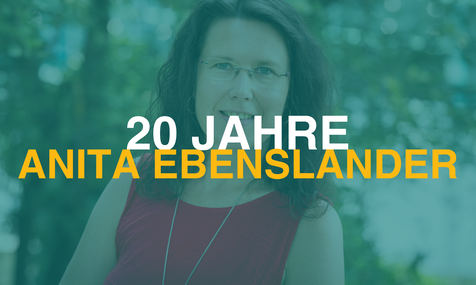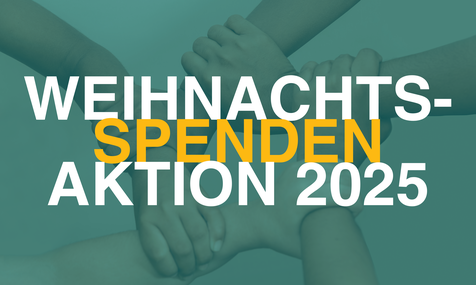Energy colonialism instead of self-sufficiency: Development cooperation works differently
The ulterior motive: this would help people in poor countries. Because they themselves would get energy to live on, cheaply taken from the desert. And the rich countries would also benefit: whatever H2 is not needed in Africa would be transported by tanker or via existing pipelines to Europe or North America, where it would be sold and used when needed. And the Africans would be guaranteed a good livelihood.
So far, so good. Until the multi-inventor Ludwig Bölkow revoked his idea of filling the desert with solar power plants shortly before his death. But not everyone was aware of this. And so the myth of energy production in the desert persisted. At the beginning of this millennium, some large corporations - mainly European - brought Bölkow's idea out of the closet and raved about "Desertec": solar modules were to produce a lot of electricity in the Earth's desert belt. Huge power lines would transport it north to the rich countries. And because they paid for everything, the investors use almost all the electricity themselves. A new kind of colonial rule was to be created in this way; this form of dealing with poor countries could have been called energy colonialism.
However, the companies gradually withdrew from the "Desertec" consortium. Mainly for economic reasons. And for fear that the political situation in some countries could turn against this negative development aid. Social insight was certainly not the reason for withdrawal.
Yet, hard to believe: TuNur, a British-Maltese-Tunisian company whose owners previously dealt with gas and oil transportation, among other things, has dug the desert power project out of the sand once again. 4.the "solar export project" is to transmit 500 megawatts of electricity from Tunisia to Central Europe via three high-voltage direct current cable routes.
www.nurenergie.com/tunur/index.php/news/118/66/TuNur-files-for-authorisation-for-4-5-GW-solar-export-project
The applications to the Tunisian government have reportedly already been submitted. And - how disinterested! -The aim is to "satisfy the growing European market for CO2-free electricity". This can be read on the consortium's website. In addition - and this almost sounds like a gift: if the Tunisian government wanted it, it would be given the opportunity ("at the option") to tap a portion of the electricity for local and national consumption.
However, Tunisia would ultimately be supplying the Europeans with energy "as it already does", is how the British-dominated company explains its plan. You could also put it another way: The energy colonialism with which the rich countries of the North have already exploited the so-called developing countries in the sunbelt is to be continued into the future. Only the energy resource would no longer be oil or gas, but solar power.
There is a lot to be said for desert power projects. Even if not concentrated in one place, but widely distributed.
First of all, these power plants should take over the supply of individual areas in a decentralized manner by providing electricity to previously powerless areas. This would be the best way to help local people lead a better life.
In the second place, the surplus electricity should be transported to Europe as H2. For example, the existing oil pipelines between the continents could be used to transmit LOHC (LOHC: hydrogen H2 harmlessly bound in carrier liquid). Natural gas pipelines are of course also suitable for transporting (pressurized) H2. Electricity can always be generated from H2 when it is needed: The peak load problem would thus be solved almost incidentally.
(Author: Zukunftsenergie-Team Gammel)



